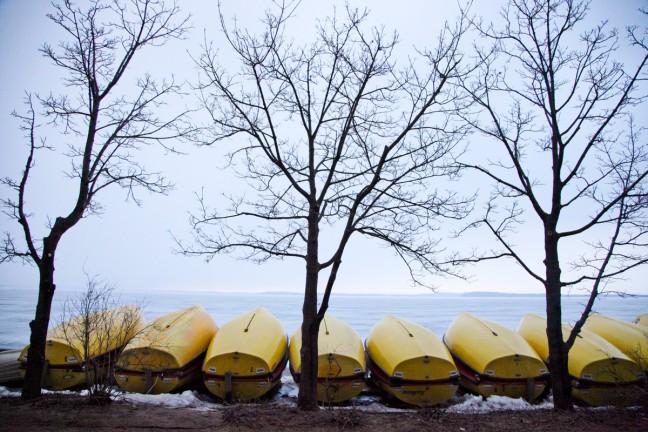In our current political climate, after major disasters or tragedies, there are frequently calls to address the systemic issues that led to the tragedy. However, these reasonable attempts to reckon with and prevent national tragedies are frequently assailed as “politicizing a tragedy.” It’s a familiar refrain from groups such as the National Rifle Association after mass shootings. Now, as Hurricane Harvey’s devastation is becoming clear to the rest of the country, the national conversation is rife with talk of climate change and the role it may have played in the destruction. Predictably, there has been a backlash against linking climate change and the hurricane.
While climate scientists are cautious when it comes to directly attributing a particular storm to climate change, Harvey’s intensity and severe hurricanes’ increasingly frequent occurrences have been linked to climate change. Stating this fact and exploring the issue further is not exploiting a tragedy. It’s an honest attempt to reckon with a disaster and avoid it in the future.
Climate Change Symposium keynote points to solutions through animal movement
As a society, we need to have honest debates on the best ways to minimize the effects of climate change. That includes conversations on the causes of hurricanes such as Harvey. Even more than conversations, this presidential administration must first acknowledge the legitimacy of climate change, and then take legislative steps to solving a now inevitable challenge. However, climate change deniers’ reflexive urge to isolate disasters and not talk about the role humans have played in changing the climate stifles honest debate. Instead of discussing the best way to control our climate, the conversation turns to simply debating a fact. This roadblock of denial has and will continue to make the problem worse, and the physical evidence is apparent.
Unfortunately, the toxic national conversation affects us at the local level. A temporary federal freeze on EPA grants in January left future research on climate science at the University of Wisconsin-Madison in question. In addition, community focused environmental engagement has been threatened. If these cuts are made with the desire to reallocate precious resources in the fight against climate change, then so be it. However, President Donald Trump’s decision to de-prioritize environmental protection is not a good faith attempt to reallocate resources.
Odds are the funding for those research grants is reallocated away from climate science, which poses a serious threat to the advancement of knowledge on climate change prevention. It’s an attempt to silence desperately needed research and conversations on climate change.
‘There is no planet B’: Marchers rally to end climate change
At a time when Harvey’s devastation should be spurring conversation and subsequent action, attempts to tar these efforts as exploitation are a continuation of this administration’s tendency to hamstring environmental protections. It reflects an obstinance which threatens this nation’s future. When even a major natural disaster can’t cajole the government into action, we face a serious crisis.
Will Maher ([email protected]) is a sophomore majoring in history and international studies.














